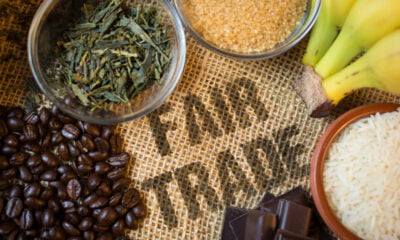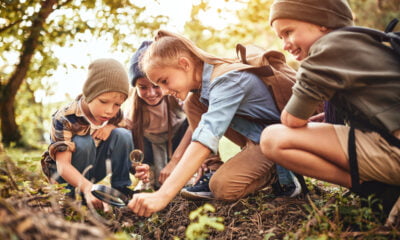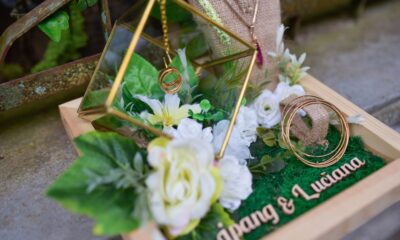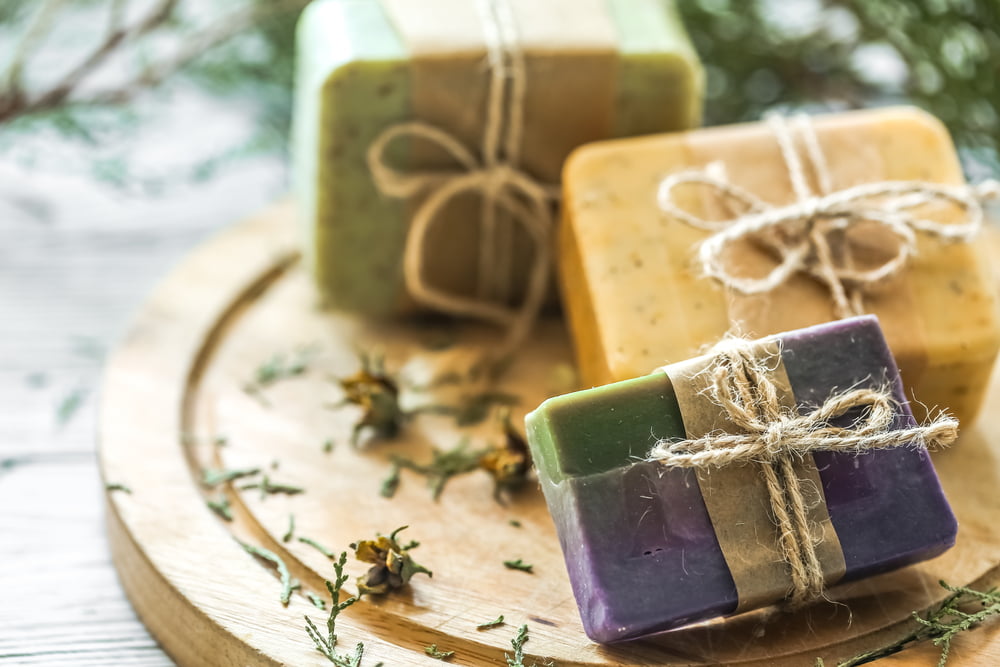
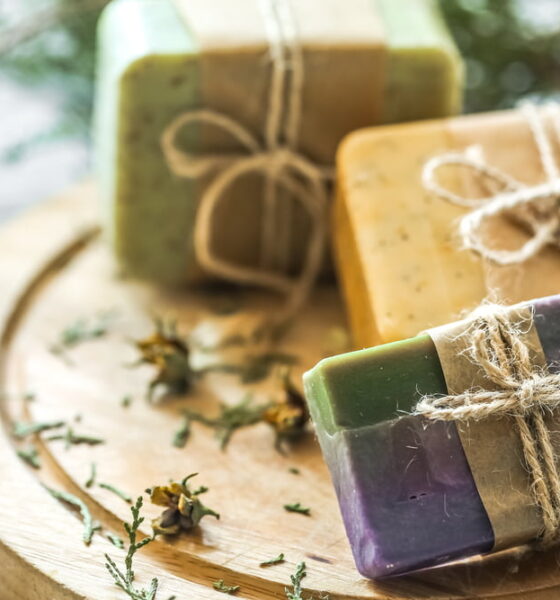
Environment
7 Eco-Friendly Plant-Based Alternatives for Everyday Products
Going green has never been more trendy than it is today. A couple of years ago, Forbes published an article showing that 77% of people want to learn to live eco-friendlier lifestyles. This figure has probably has increased during the pandemic, as more people have started thinking about our mortality in the face of the virus.
But, it isn’t just a trend for the sake of it. Instead, people are just finding that eco-friendly products are beneficial not only for the environment but also for themselves.
Plant-Based Products that Are Good for the Planet
There are several benefits to using plant-based products. First, they are not as harsh as chemical products and don’t leave behind toxic residue, so they are great for humans, especially children and pets. They are also less toxic to animals in the environment. Second, plant-based products are biodegradable and often break down easily in water. These benefits make them much eco-friendlier.
They are manufactured without having hazardous waste as a byproduct. And for all its advantages, they are just as effective as chemical products. This explains the rise of the vegan revolution, as more products are being made with plant materials.
Getting started on your sustainable journey might be challenging for newcomers, but the trick is to figure out where to start. Countless sustainable brands offer a range of plant-based products for affordable prices.
Here are a few plant-based products that you can start swapping out daily;
1. Plant-Based Cleaners
Used correctly, these are potent enough to give chemical cleaners a run for their money. Some options can be prepared at home. Some people swear that vinegar can clean anything, and they are not wrong. White vinegar has the power to get rid of tough stains, grime and disinfect if appropriately used.
When shopping for plant-based cleaning products, be careful of shady brands that try to pass off their products as all-natural by using buzzwords without following through on that promise. Instead, check the ingredient list and watch out for ingredients like bleach (calcium chloride, calcium hypochlorite or sodium hypochlorite), ammonia (ammonium hydroxide), formaldehyde, phosphates, borax, and boric acid.
2. Bamboo Toilet Paper
There are many reasons more people are relying on bamboo. There is growing evidence that it is better for the environment.
The regular toilet paper you may currently be using is from chopping hundreds of thousands of trees each year. Bamboo toilet paper is gotten from bamboo trees which are the fastest growing plants on the planet. It produces more fiber on less land in less time than any other alternative tree and the toilet paper is 100% biodegradable.
Not only is it available in the form of toilet paper, you can also find bamboo paper towels and reusable wipes.
3. All-Natural Bleach
Although bleach is a staple whitener in many homes, it has adverse effects on its users. It produces residue that can be irritating to people and pets. Alternatives to bleach in your home that would leave your tidy whities just as white without the annoying side effects include white vinegar, lemon, baking soda and hydrogen peroxide.
4. Biodegradable Toothbrushes
These are eco-friendly toothbrushes that are just as effective while containing zero plastic. They are made from bamboo, the fastest renewing plant around and when you are done with an old toothbrush, it is compostable. Zero waste!
5. Organic Cotton Tampons
These are made from 100% organic cotton and whitened with hydrogen peroxide. Regular tampons contain other dyes and rayons and are bleached with chlorine which may produce a harmful, possibly carcinogenic residue.
Organic cotton tampons are usually fragrance-free and are made with hypoallergenic materials. They are perfect for people with sensitive skin.
6. Disposable Wooden Cutlery
The next time you have a vast gathering, instead of using plastic cutlery that is harmful to the environment, try wooden cutlery. They are completely biodegradable, so you don’t have to worry about contributing to landfills. Another insane benefit is that they look fantastic. People go to events all the time and are served with plastic cutlery. Wooden ones would be a nice change from the norm.
7. All-Natural Laundry Detergent
When choosing a detergent, go for something great for both the environment and your skin. Your clothes touch your skin all day. Therefore, you want to use products that effectively clean and disinfect without being irritating. Organic laundry detergents have shown that they are just as—if not more effective than chemical detergents.
Another thing to consider is all the plastic that goes into packaging these products. Opt for products that use minimal to no plastic in their packaging. Another insane product is laundry sheets. These are laundry detergents concentrated into small, lightweight strips with regular detergent power and 10% of the weight. Laundry sheets usually contain no plastic in production or packaging, so they are a good bet if you try to go green.
The Bottom Line
It is essential to take an eco-friendly standpoint on buying and using products. However, making many changes right away might seem overwhelming, especially when chemical products are more widely available at lower prices. A lot of these eco-friendly products are available in online stores like Spacewhite, so start small until being eco-friendly is an instinct. And while you’re at it, try not to be drawn to the “greenwashing” by businesses that are trying to sell more products without putting in the effort to live a green lifestyle.


 Environment12 months ago
Environment12 months agoAre Polymer Banknotes: an Eco-Friendly Trend or a Groundswell?

 Features11 months ago
Features11 months agoEco-Friendly Cryptocurrencies: Sustainable Investment Choices

 Features12 months ago
Features12 months agoEco-Friendly Crypto Traders Must Find the Right Exchange

 Energy11 months ago
Energy11 months agoThe Growing Role of Solar Panels in Ireland’s Energy Future




